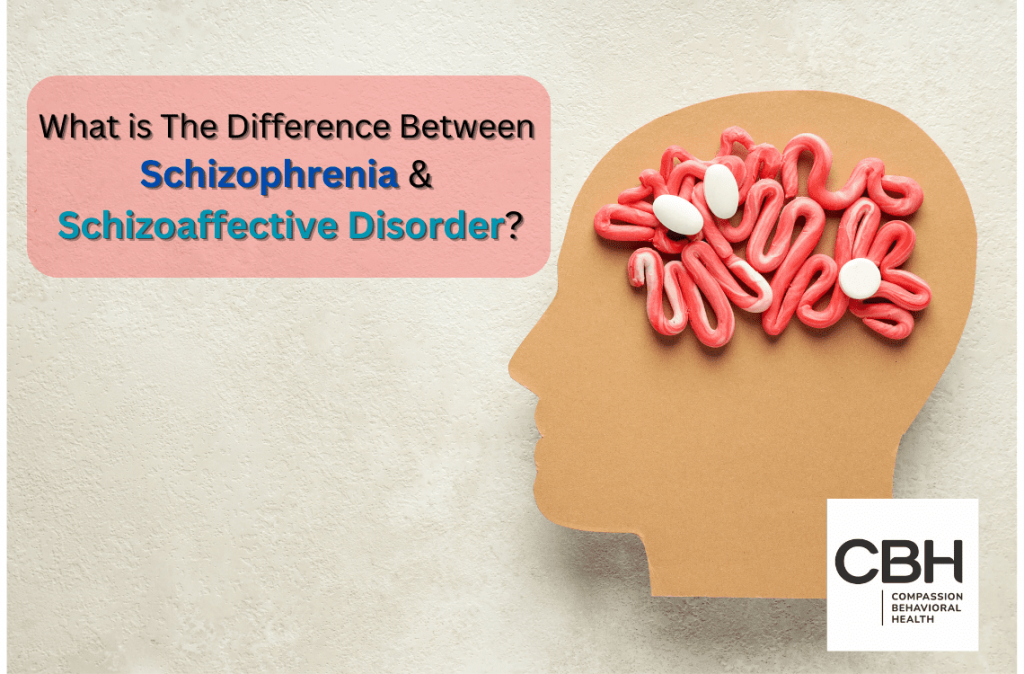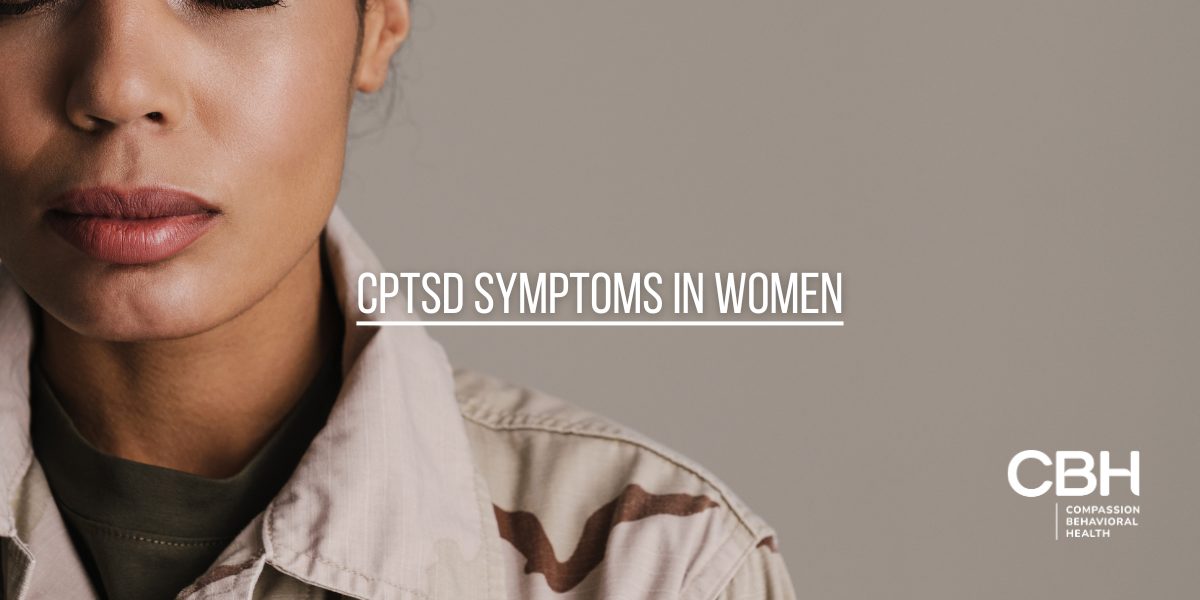In the realm of mental health, understanding the nuances between various disorders is essential for accurate diagnosis and effective treatment. Schizophrenia and schizoaffective disorder are two conditions often intertwined due to their overlapping symptoms, yet they possess distinct features that set them apart. This article delves into the differences between schizophrenia and schizoaffective disorder, shedding light on their unique characteristics and helping individuals and their loved ones gain a deeper comprehension of these complex mental health conditions.
Defining Schizophrenia and Schizoaffective Disorder
Schizophrenia: Core Features
Schizophrenia is a chronic mental disorder characterized by a range of symptoms that affect thinking, emotions, and behavior. Common symptoms include hallucinations, delusions, disorganized thinking, lack of emotional expression, and cognitive difficulties. These symptoms can be severe and impair an individual’s ability to function in daily life. Schizophrenia often emerges in late adolescence or early adulthood and requires long-term management to live well with schizophrenia.
Schizoaffective Disorder: Bridging Schizophrenia and Mood Disorders
Schizoaffective disorder is a complex condition that combines features of schizophrenia with mood disorder symptoms, such as major depressive episodes or manic episodes. Individuals with schizoaffective disorder experience both psychotic symptoms (hallucinations, delusions) and mood-related symptoms (depressed or elevated mood) for an extended period. This disorder is more challenging to diagnose accurately due to its hybrid nature.
Key Differences in Symptoms
Primary Symptomology
Schizophrenia Symptoms
In schizophrenia, the hallmark symptoms primarily revolve around the disruption of thought processes, perception, and behavior. Hallucinations, delusions, and disorganized thinking are prominent.
Schizoaffective Disorder Symptoms
In schizoaffective disorder, individuals exhibit a combination of symptoms from both schizophrenia and mood disorders. They experience periods of psychosis accompanied by mood episodes – either depressive or manic.
Duration of Symptoms
Schizophrenia symptoms are typically continuous, with various degrees of severity. Delusions and hallucinations can persist for at least six months, causing significant impairment in daily functioning.
Schizoaffective disorder, on the other hand, involves the coexistence of mood disorder symptoms and psychotic symptoms, but the duration of psychosis is shorter compared to schizophrenia.
Diagnosis and Differential Diagnosis
Diagnostic Challenges
Distinguishing between schizophrenia and schizoaffective disorder can be intricate due to their overlapping symptoms. Careful assessment by mental health professionals is essential for accurate diagnosis, as misdiagnosis could lead to inappropriate treatment.
Schizoaffective Disorder vs. Bipolar Disorder with Psychotic Features
Schizoaffective disorder is often misdiagnosed as bipolar disorder with psychotic features, as both conditions involve mood disturbances and psychosis. The key distinction lies in the prolonged presence of mood and psychotic symptoms outside of mood episodes in schizoaffective disorder.
Treatment Approaches
Schizophrenia Treatment Strategies
The treatment of schizophrenia typically involves antipsychotic medications to manage psychotic symptoms. Psychosocial interventions, such as cognitive behavioral therapy (CBT) and family therapy, play a crucial role in helping individuals cope with daily challenges and improve their overall quality of life.
Schizoaffective Disorder Treatment Strategies
Schizoaffective disorder treatment integrates approaches used for both schizophrenia and mood disorders. Mood stabilizers, antipsychotic medications, and antidepressants may be prescribed to address the diverse symptomatology. Therapy, especially CBT, assists individuals in managing mood episodes, psychotic symptoms, and improving interpersonal functioning.
Prognosis and Long-Term Outlook
Schizophrenia Prognosis
Schizophrenia is a chronic condition that requires long-term management. With appropriate treatment and support, individuals can achieve periods of stability and improved functioning, but relapses are possible.
Schizoaffective Disorder Prognosis
Schizoaffective disorder also demands ongoing care and management. Individuals may experience varying degrees of symptom severity and stability. Consistent treatment adherence and a strong support system contribute to a more favorable prognosis.
Get Help Today
Schizophrenia and schizoaffective disorder, despite their shared characteristics, are distinct mental health conditions that necessitate accurate diagnosis and tailored treatment approaches. Understanding the differences between these two complex disorders empowers individuals, families, and mental health professionals to make informed decisions regarding intervention and care.
Navigating the complexities of mental health disorders like schizophrenia and schizoaffective disorder can be overwhelming, but you don’t have to face it alone. Compassion Behavioral Health is dedicated to providing the support, expertise, and compassionate care you need to understand and manage these conditions effectively. With a team of experienced professionals and evidence-based treatment approaches, Compassion Behavioral Health offers a safe and nurturing environment for individuals seeking recovery and stability. Call us or contact us online today and take the first step towards a brighter tomorrow.





